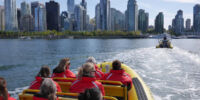Engagement and Input
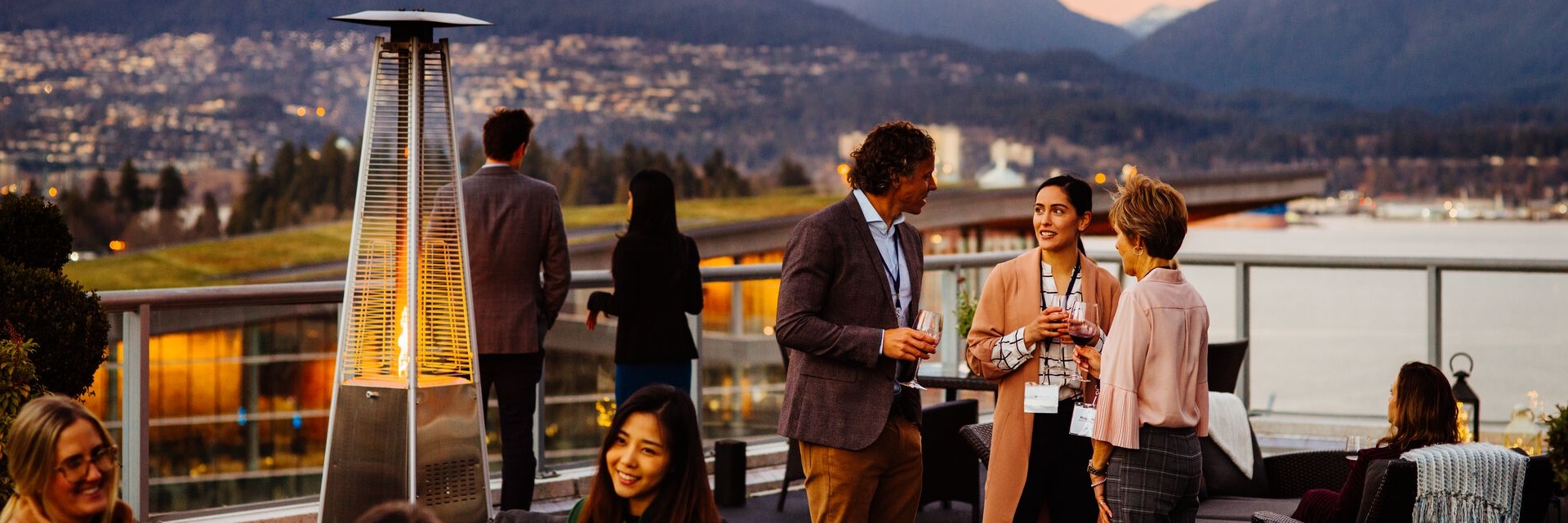
Vancouver Convention Centre - Destination Vancouver/Hubert Kang
- Home
- |
- Strategic Approach
- |
- Corporate Strategy
- |
- Engagement and Input
Tourism Industry and Partner Engagement
Our corporate strategy was developed based on valuable engagement and input from the tourism industry in BC and our partners, as well as other information and insights, including:
- Over 2,000 tourism industry members provided input over the last three years to inform how we move forward, beyond the pandemic, toward a new 10 year horizon
- A comprehensive global environmental scan reflecting the changing landscape and trends caused by the COVID-19 pandemic
- An assessment of success and progress on our current and previous strategies
- The roles of other organizations in BC’s tourism ecosystem, such as Destination Canada, Indigenous Tourism BC, Regional and Community Destination Management Organizations, sector organizations, go2HR, the Tourism Industry Association of BC and others
- Our mandate, and other Provincial legislation and direction relevant to Destination BC
- The plans and commitments of the Provincial government, and roles and actions of other ministries and agencies
Context and Challenges
Tourism Recovery
Hyper Global Competition
Consumer Travel Behaviours
MRDT
Accelerated Digitization
UNDRIP
People & Communities
Labour
Global & Social Forces
Diverse Tourism Ecosystem
Taxpayer Funded

The tourism industry is moving through recovery (although unevenly) as overall performance in second half of 2022 was close to that of 2019
- By the end of 2022 it was apparent that BC’s tourism industry was recovering far more quickly than even the most optimistic of us expected, nearing 2019’s record industry revenue level. Provincially, hotel occupancy was close to 2019 levels from July to December, with Average Daily Rates (ADR) higher than during 2019. Total visitor entries from the USA were at 80% of 2019 levels by December with Europe, Mexico, and Australia over 60%, and China opening up to travel.
- This highlights that we are on a strong path forward, although the business landscape has changed and some businesses, sectors and areas of the province are still in the earlier phases of recovery—such as meetings and events. In addition, recovery includes business profitability, viability and adaptability, which have been negatively impacted by inflation and supply chain challenges.
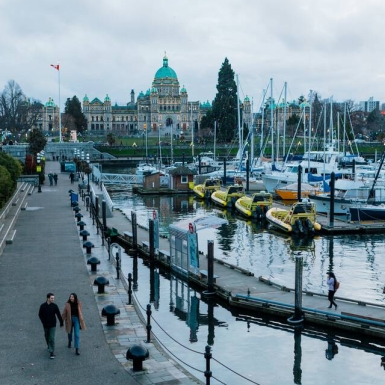
There is hyper global competitiveness for the high yield international traveller
- The United Nations World Tourism Organization (UNWTO) reports that international tourism was on track to reach 65% of pre-pandemic levels by the end of 2022, which means there are still 35% of travel revenues left to be recaptured as recovery continues. Pre COVID-19, due to a higher per-trip spend, international travelers brought 50% of the revenue to BC yet made up less than 25% of the visitation. As travel has resumed, given how important tourism is to many countries, it has become extremely competitive for that high value international traveller.

Consumer travel consumption behaviours have changed as pent up demand continues to support pandemic recovery, and travel remains a budget priority
- Travel behaviour is returning in BC to pre-COVID patterns (with some exceptions), resulting in under-utilized capacity in some areas of the province, and during some seasons in mature destinations.
- New and on-going global travel trends include multi-generational travel as families look to reconnect, remote work, health and wellness, sustainable travel, and a greater desire for purposeful and meaningful travel experiences, including Indigenous cultural experiences.
- Compelling branding, marketing and strategic destination development are required to capitalize on under-utilized capacity and to build shoulder season demand. New product experiences are needed to attract visitors to support seasonal and geographic dispersion.
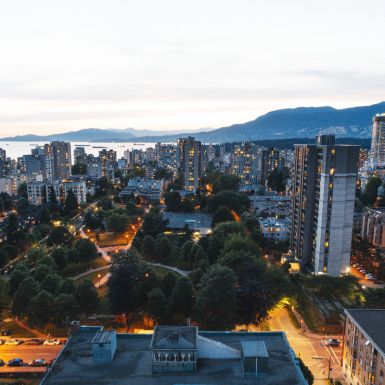
Funding through Municipal and Regional District Tax (MRDT) revenue is now comparable or higher than 2019 level for many communities
- The MRDT provides Community Destination Management Organizations (DMOs) with resources for marketing efforts. The recovery of these funds is important for attracting visitors to their community.
- As most Community DMOs in BC are small in size, they don’t always have access to leading marketing tools, data, systems and capabilities. New ways of working together are needed to remove the cost and expertise barriers for Community DMOs regarding actionable data and insights, training, content production, and accessing marketing channels.
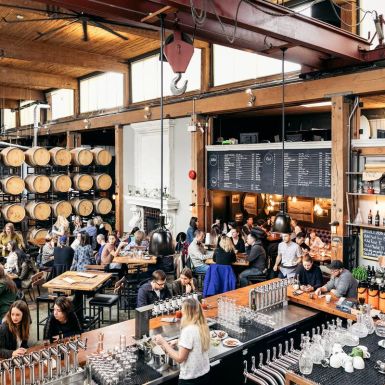
The evolution of marketing practices requires continued focus on accelerated digitization and decision making
- The digital arena is constantly changing as internet use increases and the demand for technology grows. According to eMarketer, organizational spending on marketing technology in the United States was expected to exceed $20 billion in 2022 for the first time, as companies increased efforts to gather, store and use data to make and implement marketing decisions.
- Not all tourism businesses and DMOs in BC have the ability to keep up with the technology changes, or have the resources to benefit from online marketing opportunities as they arise.
- In the fast-paced marketing world it’s critical to stay ahead of the constant evolution in terms of technology, shifting privacy policies, and strategies to combine our individual resources and expertise within the BC tourism ecosystem.
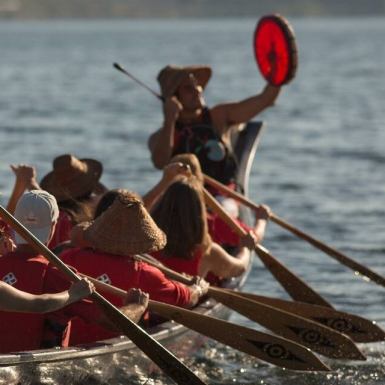
British Columbia is committed to implementing the Truth and Reconciliation Commission of Canada: Calls to Action, the United Nations Declaration on the Rights of Indigenous People Act, and the BC Declaration on the Rights of Indigenous Peoples Act Action Plan
- Indigenous culture, stories, and perspectives are not for consumption. We are committed to narrative sovereignty, the right to tell your own story in your own words and respecting each individual’s and community’s right to autonomy. Tourism presents significant opportunities and has the power to influence, educate and raise awareness. We must grow meaningful relationships with Indigenous communities to build trust.
- There is an identified desire to proceed with intentionality and greater intercultural sensitivity within the tourism industry, including taking a collaborative approach to training, support and investment that is informed by relevant lived-experience.
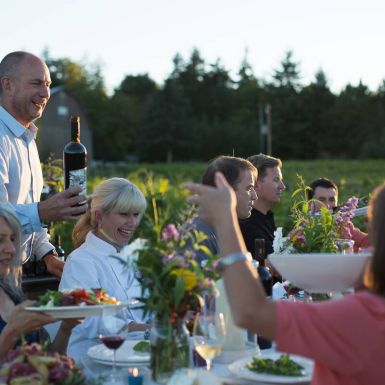
People and communities expect a core role in determining the future of tourism in their community
- People and communities must be at the core of destination management best practices and make decisions on what role tourism plays in their community. Community well-being, quality of life and resident sentiment are critical components of a visitor economy. Within BC, communities are looking for carefully managed growth that is balanced with investment in infrastructure and visitor amenities.
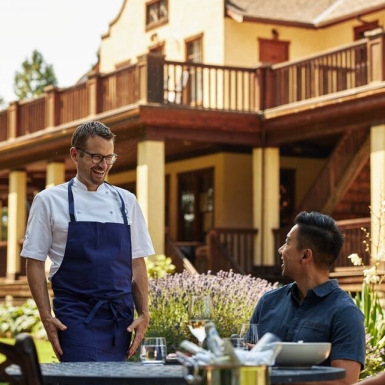
Labour shortages continue to be a challenge for many tourism businesses
- Although the tourism labour force has rebounded to 2019 levels of employment, competition for employees is fierce as BC is facing a labour shortage across many sectors, not just tourism.
- Major barriers for tourism include the seasonality of some tourism jobs, which may make the industry less appealing, competition from other industries, lack of seasonal staff housing in many communities, low entry-level wages, and challenges with some specialized post-secondary training. To be resilient, tourism businesses need to have year-round viability strategies so they can attract and retain staff.
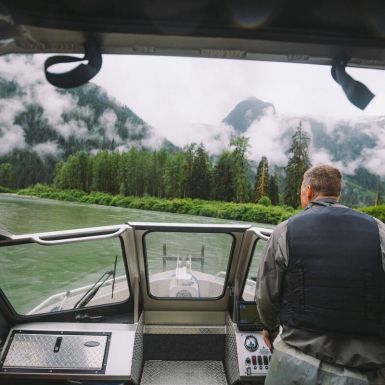
Global and social forces have changed the landscape within which tourism operates
- Globally, the travel industry and society at large are acknowledging there is a climate emergency and are taking steps to create a better future. There is a greater desire within the tourism industry to protect biodiversity, reduce its environmental footprint and to help communities prepare themselves and their visitors for climate impacts.
- With increased focus on Diversity, Equity, Inclusion, and Accessibility (DEIA), there is a newfound awareness of inequality, and for diversity, inclusion, and reconciliation within the tourism industry in BC, as well as political, economic and environmental driven migration globally.
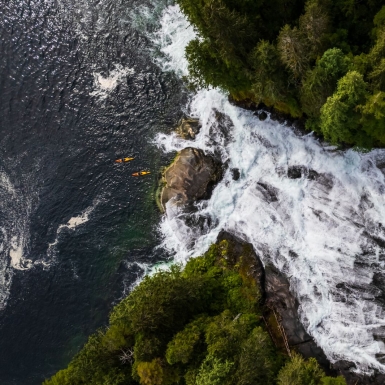
Destination BC is one part of a large and diverse tourism ecosystem
- Ecosystem coordination is critical to maximize the impact of resources and expertise available to governmental and non-governmental tourism organizations. Areas of cooperation include marketing, destination development, funding, stewardship, climate change, emergency management, industry learning, business support, and experience development.
- Collaboration with government is critical, as legislation and policy across all levels of government can have unintended consequences on the tourism sector, such as land use, immigration, education and transportation.
- Destination BC acknowledges the influence we have and actively engage in resolving industry-facing challenges. We also recognise our limitations and respect the diversity of expertise within our industry and in specific areas to work together to resolve these challenges. These include Indigenous Tourism BC, Tourism Industry Association of BC, go2HR, BC Hotel Association, Destination Canada, the Ministry of Tourism, Arts, Culture and Sport and the Ministry of Environment and Climate Change Strategy, to name a few.
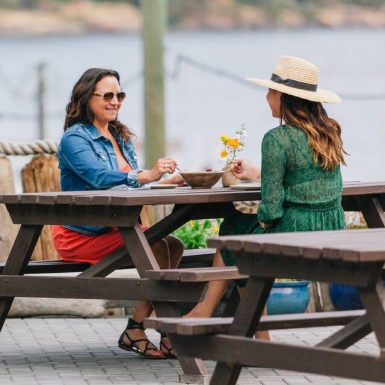
Destination BC is a taxpayer funded organization that exists to improve the lives of all people living in British Columbia through the tourism industry
- When managed well, the tourism industry provides significant net economic, social, cultural and environmental benefits for people living in British Columbia. The industry can contribute to a regenerative economy where visitors leave a place in better condition than it was before.
- Destination BC must apply a variety of lenses to its work to ensure we are influencing the tourism industry in a way that leads to greater net benefits for all. These lenses include diversity and inclusion, reconciliation, geographic and seasonal distribution of visitors, and rural and urban development.
Subscribe for the latest news and program updates from Destination BC
Receive updates, research and news you can use.
Destination BC
Official Websites
Subscribe to our newsletter



